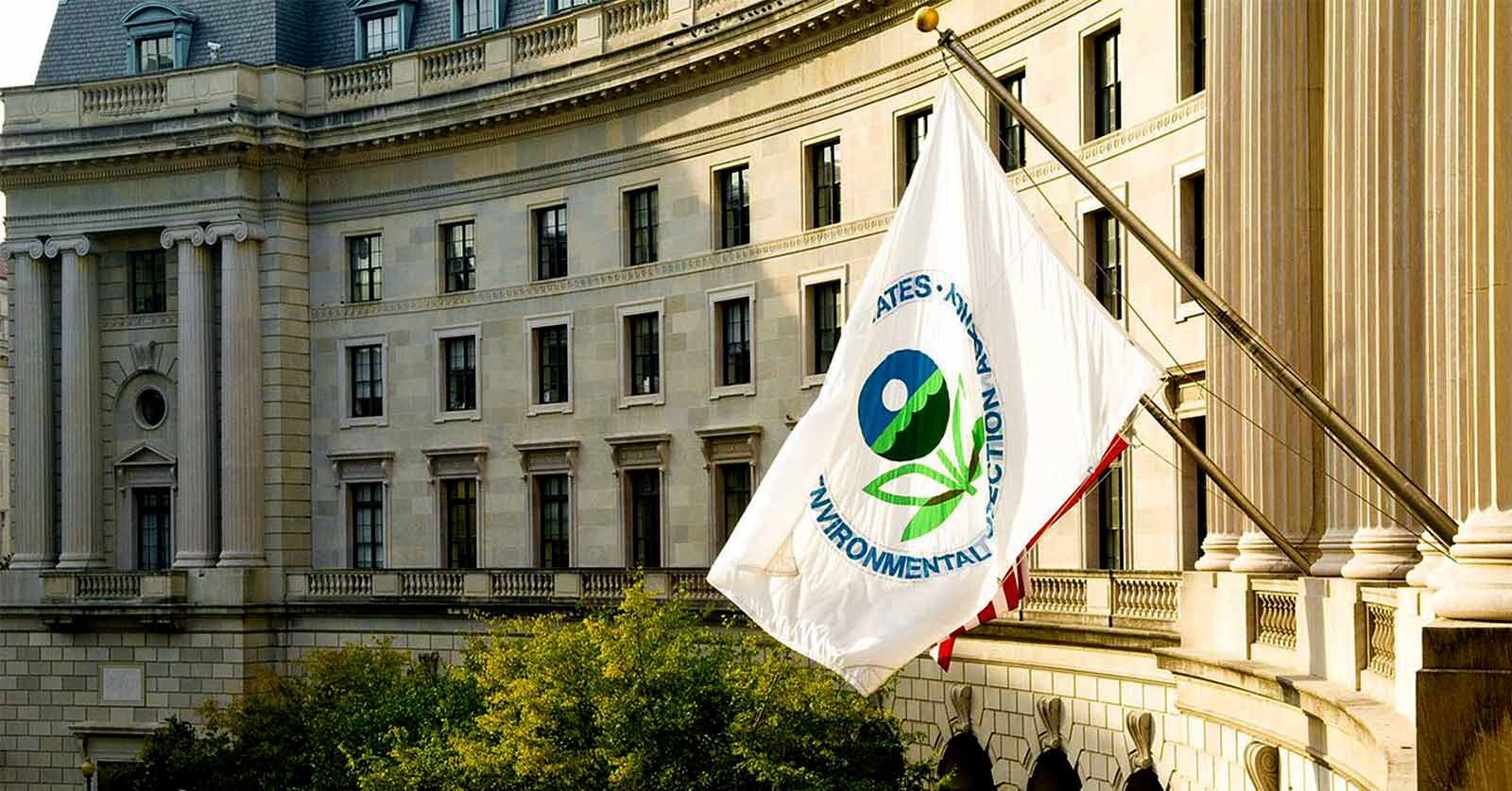We hear it all the time from policymakers. Trust us to do a better job for the taxpayer if we do it behind closed doors — less histrionics, less playing to the camera, less political posturing, and less need to appeal to constituents and special interests.
What a load of …
Of course lawmakers – like anyone else – say and do different things in public than in private (exhibit A – Anthony Weiner), but that does not mean their official ruminations should not be public.
Senate Finance Committee Chairman Baucus (D-MT) and Ranking Member Hatch (R-UT) are just the latest lawmakers to promise better results from the back room. In their laudable effort at comprehensive tax reform they have propounded a “blank slate” approach: eliminate all the breaks, loopholes, and incentives from the code and start over. If lawmakers want provisions restored, they have to justify it. Great, sounds like the way we would do it. That is until Sens. Baucus and Hatch promised this week to not only keep lawmakers’ correspondence private, but to keep it secret for 50 years! TCS would be eligible for Medicare before taxpayers knew what any particular Senator was angling for in tax reform. And voters interested in holding their representatives accountable for their actions? Sorry, Charlie, they have to wait 50 years to do that or, more likely, they’ll never get the chance; in all Congressional history, only 3 Senators have served 50 years or more.
Fifty years is longer than Presidential records are sealed. It’s ludicrous. Furthermore, it’s 50 years too long. Tax reform is too important, has too great an impact on every citizen and on all facets of the economy to be done anywhere other than in the light of day. Taxpayers deserve to know what tax policies their elected officials are advocating for in official correspondence. That point was hammered home in a letter 30 groups from the left and the right sent the Senators today. Oh, and it’s available online.
When policy gets made in the shadows, special interests hold sway. While some argue that secret correspondence will allow them to be more candid, it will also allow lawmakers to be less accountable. There have been news reports of a massive uptick in lobbying on tax issues. Those lobbyists are not talking to themselves, they are patrolling the corridors of power representing the special interests that are paying them. Fine, that’s their job and their constitutional right. But whatever comes out of all that effort, what lawmakers advocate for is something we all should know.
Earlier this year, the House Ways and Means committee established several special working groups to review areas of tax policy and to accept input from other lawmakers and the public. We submitted our comments. And all of it was published on the committee’s web site. The Senate Finance committee should follow their lead.
But this isn’t just on the Finance Committee leadership. Individual Senators can release their correspondence. Freshman Senator Jeff Flake (R-AZ) did just that yesterday, and Senator Bernie Sanders (I-VT) did so today. Other Senators should do the same.
The last comprehensive tax reform was adopted in 1986. This came after several rounds of work by two different Treasury Secretaries, a Democratic House, and a Republican Senate. There were closed door meetings and late night conversations, but much of the work was in the public and publicized. Locking Senators’ correspondence in a vault won’t make tax reform easier. The seminal work about the 1986 law was Showdown at Gucci Gulch, still one of the most instructive books on how the legislative process works. It was published in 1987, one year after the bill was passed. If Sens. Baucus and Hatch have their way, we’ll be waiting for their story to come hot off the presses in 2063.
|
We encourage you to let your Senators and Representative know what you think about transparency in decision-making. Encourage your Senator to make their tax reform correspondence public.
You can call the United States Capitol switchboard at (202) 224-3121 You can look up your Senators here and your Representative here. |














Get Social